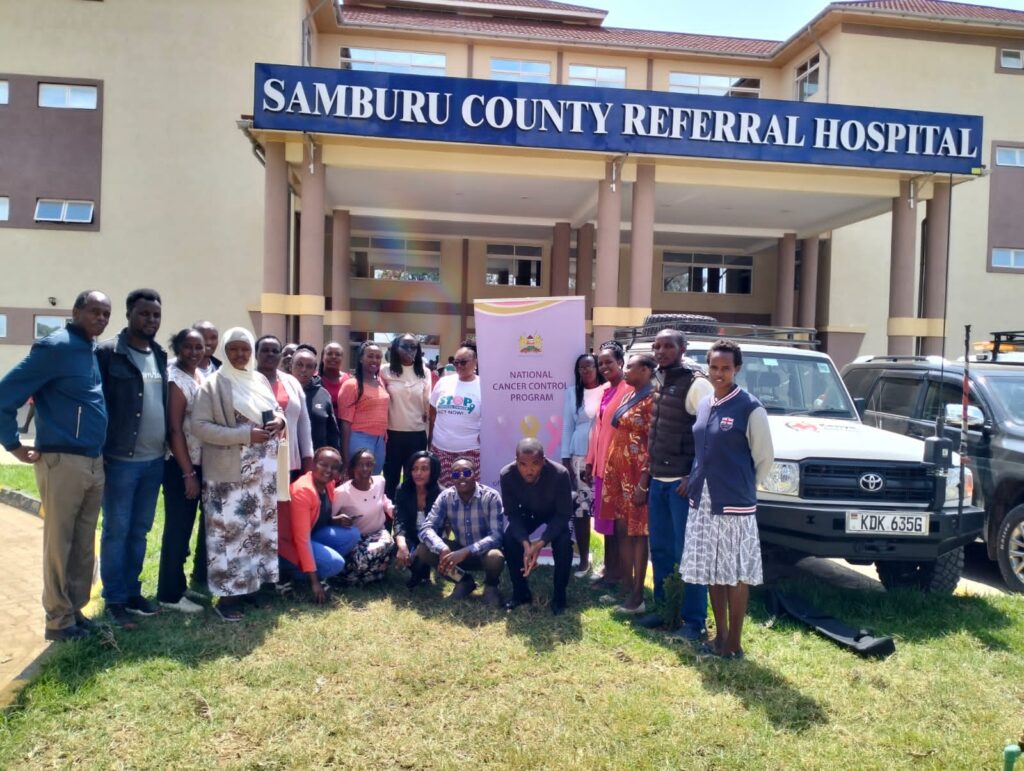Pillar 2
Cancer Imaging, Pathology and Laboratory Medicine
Early diagnosis is crucial for effective cancer care, serving as the gateway to higher survival rates,
reduced treatment intensity, and improved quality of life for individuals with cancer. The diagnostic
process forms the foundation for essential medical procedures like guided biopsy, accurate staging,
evidence-based treatment, patient monitoring, and research. Prioritizing timely and comprehensive
diagnostic services is essential, given the direct correlation between early diagnosis and improved
clinical outcomes.

Cancer diagnostic services in the country encompass pathology, laboratory medicine, diagnostic imaging, and interventional radiology specialties. Challenges in these areas contribute to delayed cancer diagnoses, with 70% of cases identified in late stages. The strategy proposed involves strengthening diagnostic services according to established standards, providing necessary infrastructure, capacity building for primary care providers, and optimizing diagnostic networks through the use of the latest technology and digital tools. The establishment of the National Cancer Reference Laboratory (NCRL) aims to lead in timely specialized tests, expand diagnostic networks, ensure quality assurance, and provide technical support. However, challenges in genomic testing availability persist, and efforts are needed to enhance access to these services within the country. Additionally, investments in radiology infrastructure and equipment have been made, but addressing quality assurance and human resource limitations is crucial to maximizing the utilization of diagnostic imaging and interventional services. The strategy seeks to collaborate with stakeholders to bridge these gaps and expand access to comprehensive cancer diagnostic services.
The overarching goal of Pillar 2 is to provide accurate, efficient, accessible and timely cancer imaging, pathology and laboratory medicine diagnostic services for better patient outcomes through the following strategic objectives
- Strengthen cancer diagnostic imaging and interventional radiology services.
- Strengthen the cancer pathology diagnostic and Laboratory medicine services.
- Strengthen the availability and capacity of human resources to support cancer diagnosis.